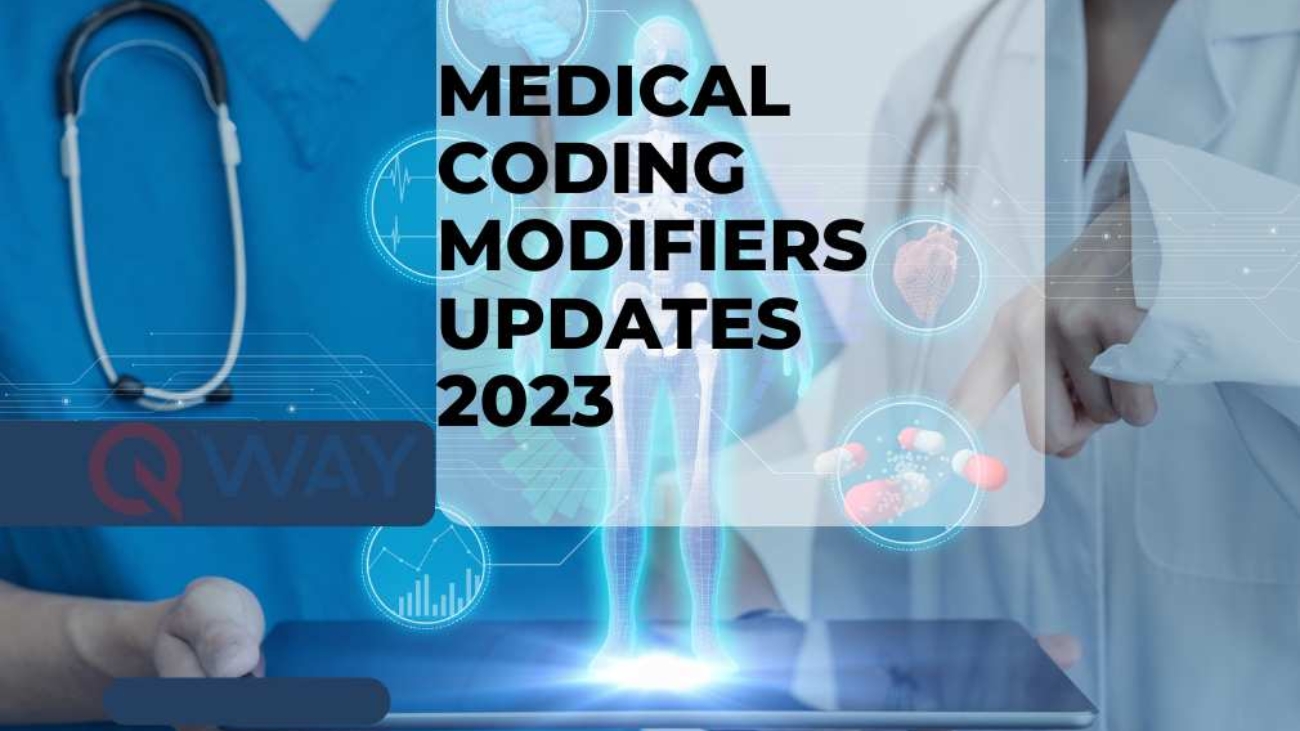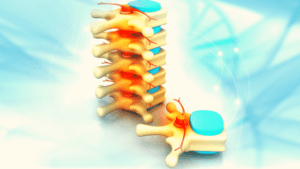What are modifiers in medical billing?
Modifiers are two-digit codes added to a medical billing code to provide additional information about a service or procedure. They can indicate things like the location of the service, the provider who performed it, or any unusual circumstances that may affect the billing. Modifiers are important for ensuring accurate and appropriate reimbursement for medical services.
The AMA and the CMS assert that a modifier gives the ability to record or denote that a service or operation has been carried out and modified by a particular circumstance without changing its definition. Also, it might offer extra details about services that have been rendered repeatedly or in an unexpected way.
When some of the services in a bundle are not provided, modifiers might be used to indicate this.
What is a CPT Code Modifier?
CPT coding modifiers are two digit codes actually attached to CPT to provide additional information on evaluation and management procedures performed during the office visit.
What is a HCPCS Code Modifier?
CMS develops HCPCS codes. CMS refers to Centers for Medicare and Medicaid Services. Though CPT codes are primarily used with Medicaid and Medicare including private insurance companies, there are situations where HCPCS codes are preferred instead of CPT.
HCPCS codes are very commonly used for transportation services, outpatient prospective payment system services, durable equipment for medicine, devices used for orthotic procedures.
HCPCS modifiers are used by both Medicare and other insurance companies depending on situation. They include two alpha digits, two alphanumeric characters and single alpha digit.
Role and Importance of Medical Modifier in Medical Coding:
- Serving as an informational or a billing clarification, the application of modifiers removes the necessity of separate service or procedure listing.
- The use of inaccurate modifiers or using the modifiers incorrectly is considered to be a fraudulent activity and non-compliant with the laws.
- This would result in future audits and also revenue loss. So it’s really essential to be conversant with the CPT modifiers list.
- Healthcare professionals and medical coding companies can refer to modifiers guide to find accurate modifiers for medical billing services.
- Many guides list Level I (CPT-4), Level II (non-CPT-4 alpha numeric), and Level III (local) modifiers. Referring to such guides is important because it helps to understand the modifiers in the medical billing list.
- While Level I and II modifiers are defined in the HCPCS, Level III modifiers are defined by the Fiscal Intermediary and requires the approval of Centers for Medicare and Medicaid Services before adding them.
Medical Modifiers 2023 Updates
- AB : Audiology service furnished personally by an audiologist without a physician/npp order for non-acute hearing assessment unrelated to disequilibrium, or hearing aids, or examinations for the purpose of prescribing, fitting, or changing hearing aids; service may be performed once every 12 months, per beneficiary
- JZ : Zero drug amount discarded/not administered to any patient
- LU : Fractionated payment of car-t therapy
- N1 : Group 1 oxygen coverage criteria met
- N2 : Group 2 oxygen coverage criteria met
New HCPCS Codes List 2023 (non-exhaustive)
C1747 : Endoscope, single-use (i.e. disposable), urinary tract, imaging/illumination device (insertable)
C1826 : Generator, neurostimulator (implantable), includes closed feedback loop leads and all implantable components, with rechargeable battery and charging system
C1827 : Generator, neurostimulator (implantable), non-rechargeable, with implantable stimulation lead and external paired stimulation controller
C7500 : Debridement, bone including epidermis, dermis, subcutaneous tissue, muscle and/or fascia, if performed, first 20 sq cm or less with manual preparation and insertion of deep (eg, subfacial) drug-delivery device(s)
C9143 : Cocaine hydrochloride nasal solution (numbrino), 1 mg
C9144 : Injection, bupivacaine (posimir), 1 mg
D0372 : Intraoral tomosynthesis – comprehensive series of radiographic images
D0373 : Intraoral tomosynthesis – bitewing radiographic image
D1781 : Vaccine administration – human papillomavirus – dose 1
G0320 : Home health services furnished using synchronous telemedicine rendered via a real-time two-way audio and video telecommunications system
J2401 : Injection, chloroprocaine hydrochloride, per 1 mg
M1153 : Patient with diagnosis of osteoporosis on date of encounter
Modifiers are declared and subject to a number of regulations regarding their use. Knowing the limitations, formats, and rules is absolutely essential when applying medical modifiers because omitted codes in the claims might lead to rejections or denials. When delivering medical billing services, a very high percentage of errors result in claim denials because of improper modifier usage.
Outsourcing medical billing and coding operations at QWay Healthcare will let your worries take a back seat as we drive expert certified professionals making your revenue cycle smooth.




